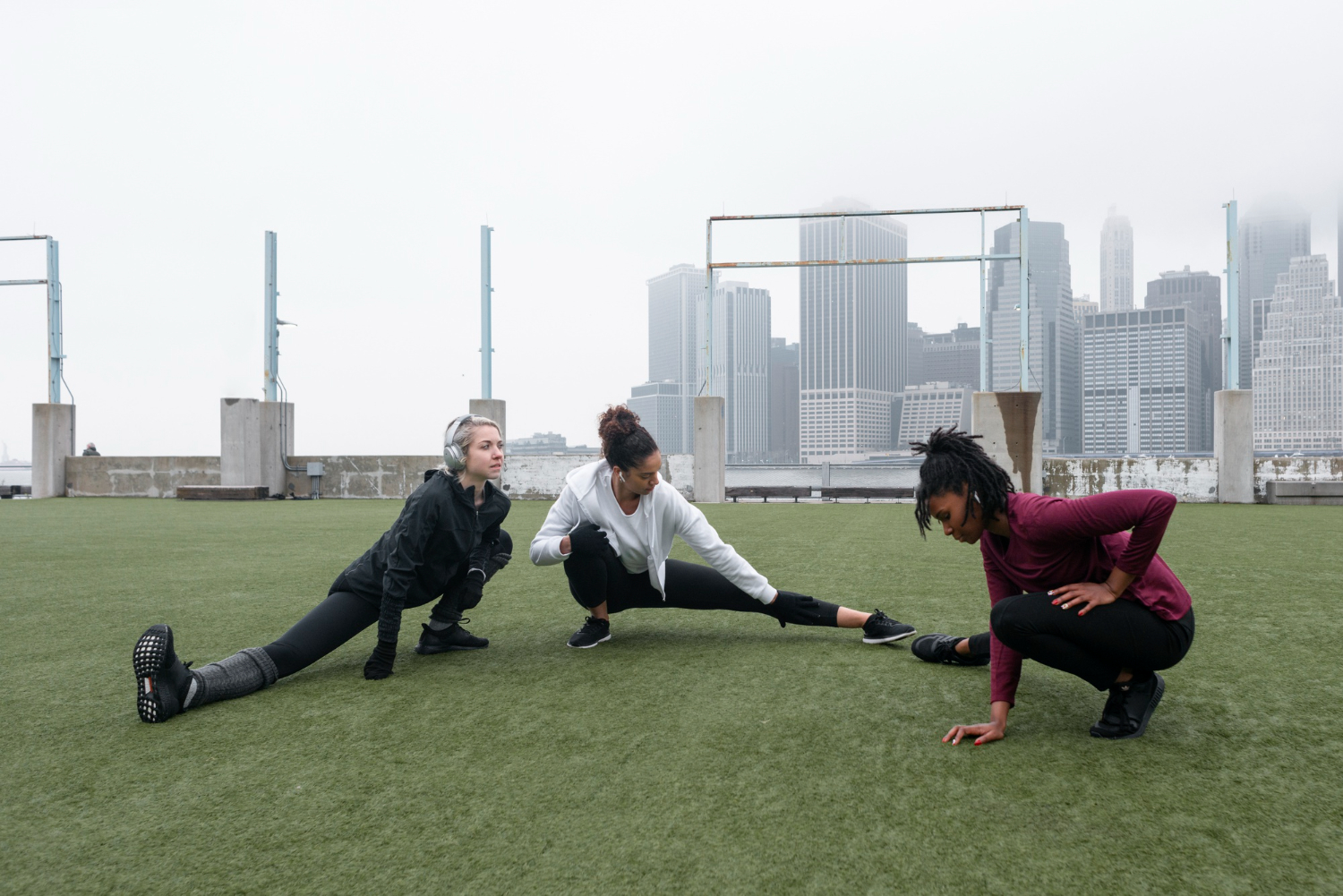The Joys and Benefits of Playing Basketball
Basketball, a game loved by millions worldwide, is more than just a sport—it’s a source of joy, a tool for personal development, and a way to connect with others. Whether played professionally or as a casual pastime in local parks, basketball offers numerous benefits and experiences. In this blog post, we explore the multifaceted aspects of playing basketball, from its physical and mental health benefits to the life lessons it imparts and the community it fosters.
Physical Health and Fitness Benefits
Playing basketball is a fantastic way to improve physical health and fitness. It’s a high-intensity sport that combines running, jumping, and quick lateral movements, providing a comprehensive aerobic workout. This helps in enhancing cardiovascular health and burning significant calories. Basketball also builds muscle strength, especially in the legs, arms, and core, and improves balance and coordination. Regularly engaging in basketball can lead to better physical stamina, agility, and overall athletic performance.
Mental Health and Cognitive Skills
Apart from physical benefits, basketball also offers mental health advantages. Playing sports is known to reduce stress and anxiety, and basketball is no exception. It encourages the release of endorphins, the body’s natural mood lifters, leading to improved mood and energy levels. Furthermore, basketball requires strategic thinking, quick decision-making, and constant concentration, which enhance cognitive functions. It also instills a sense of discipline and focus, skills valuable both on and off the court.
Life Lessons from the Court
Basketball is a microcosm of life’s broader lessons. It teaches the importance of teamwork and communication, as players must work together harmoniously to win games. The sport also instills a sense of responsibility and accountability—each player’s actions directly impact the team’s performance. Dealing with wins and losses in basketball helps in developing resilience and sportsmanship, teaching players how to handle success with humility and failures with grace.
Building Community and Social Connections
One of the most beautiful aspects of basketball is its ability to build community and foster social connections. Basketball courts often act as local community hubs where people of all ages and backgrounds come together. The sport transcends language and cultural barriers, making it a powerful tool for social interaction and integration. Whether joining a local league or playing pick-up games at the park, basketball provides opportunities to meet new people, form friendships, and develop a sense of belonging.
In conclusion, playing basketball offers a wealth of benefits. It’s not just about scoring points or winning games; it’s about improving physical and mental health, learning valuable life lessons, and connecting with a diverse community. Whether you’re a seasoned player or someone interested in picking up the sport, basketball is a rewarding and enriching activity that can positively impact various aspects of your life.


